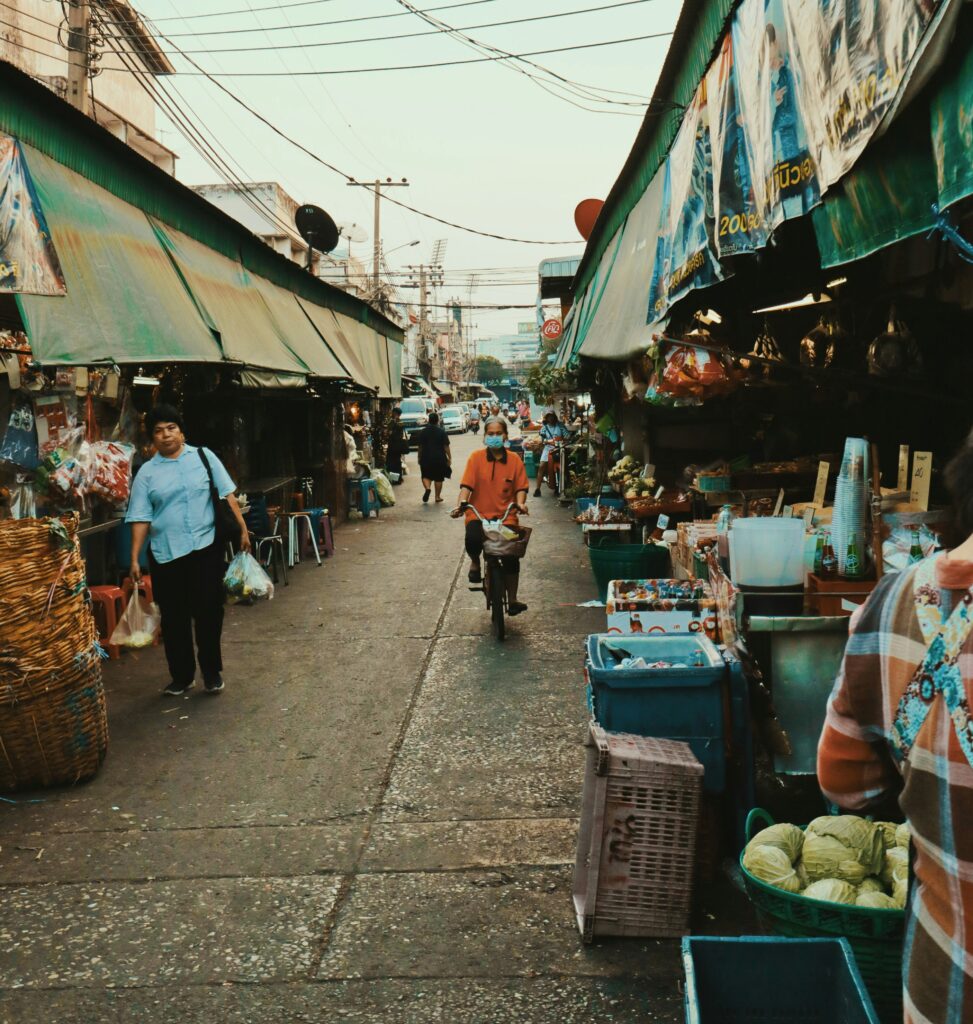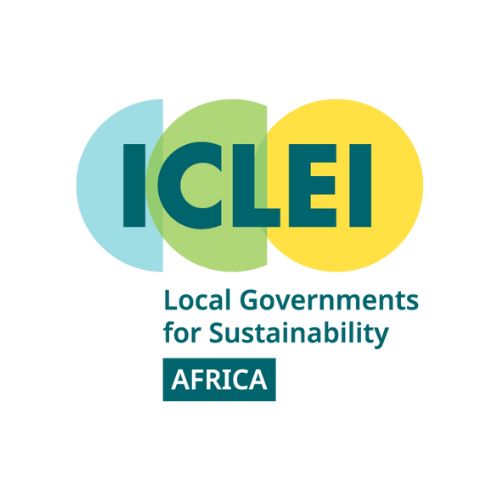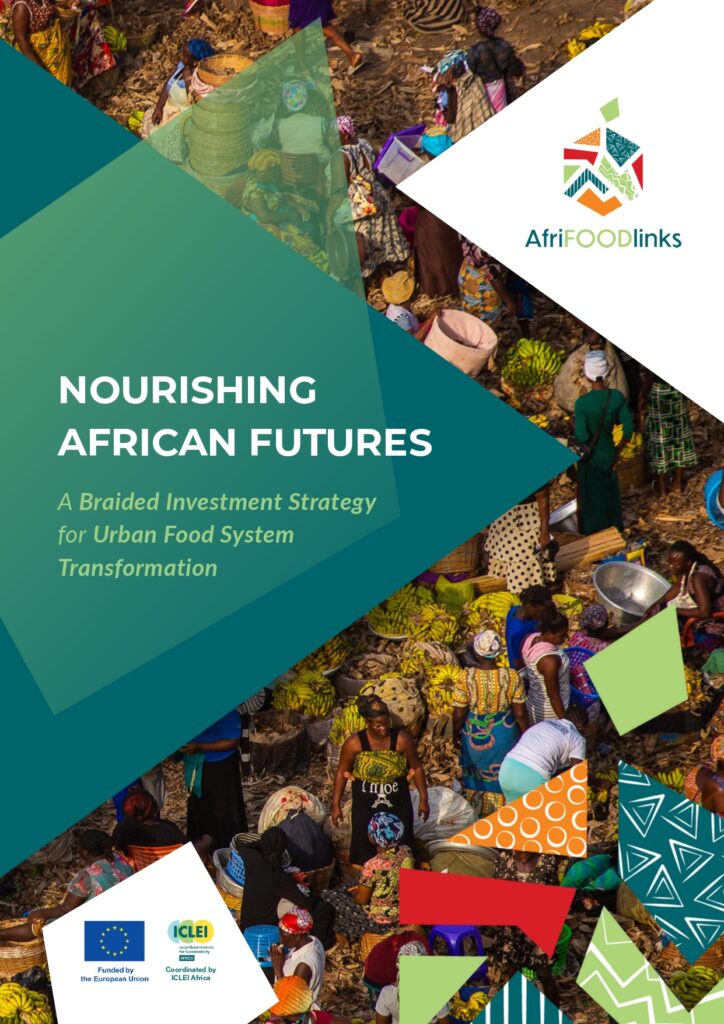Home » Explore the latest project news » Experiencing food environments in Tunis, Kisumu and Mbale
Experiencing food environments in Tunis, Kisumu and Mbale
Improving food environments through experimentation
Africa is undergoing rapid urbanisation, which is significantly impacting food systems and environments. Issues such as accessibility, affordability, acceptability, and availability of healthy and sustainable diets are becoming increasingly problematic. This has led to a rise in the double burden of malnutrition and diet-related non-communicable diseases in urban areas across the continent. To combat these challenges, food system strategies that promote sustainable production and access to safe, nutritious foods while reducing food loss are essential. Understanding the current state of city food environments and engaging key stakeholders is crucial for designing effective and sustainable solutions.
AfriFOODlinks Work Package 4: Improving food environments for urban consumers, schools and food retailers through real world experimentation
In Work Package 4, our team is focused on co-creating and testing interventions aimed at fostering healthy and sustainable food environments in cities like Cape Town, Kisumu, Mbale, Ouagadougou, and Tunis. The interventions designed by these cities include:
1. Creating urban gardening in schools to educate children about producing healthy, safe, and diverse foods.
2. Upgrading of market infrastructure to improve food handling and safety
3. Establishing a food rescue system to reduce food waste and organising a waste management system targeting biodegradable waste from markets
4. Reformulating bread recipes to reduce salt content and improve its nutrition quality.
5. Shortening municipal value chains for food markets to improve economic and physical accessibility to fresh, healthy and sustainable food, as well as to support local farmers.
6. Designing community gardens to ensure a local and sustainable supply of fresh vegetables and promote social inclusion of marginalised low-income communities.
Our journey through AfriFOODlinks’ Hub Cities
Between April and May 2024, our coordination team visited some of these hub cities, starting with Tunis. Here, we met the Tunis and Ouagadougou teams and explored various project sites.
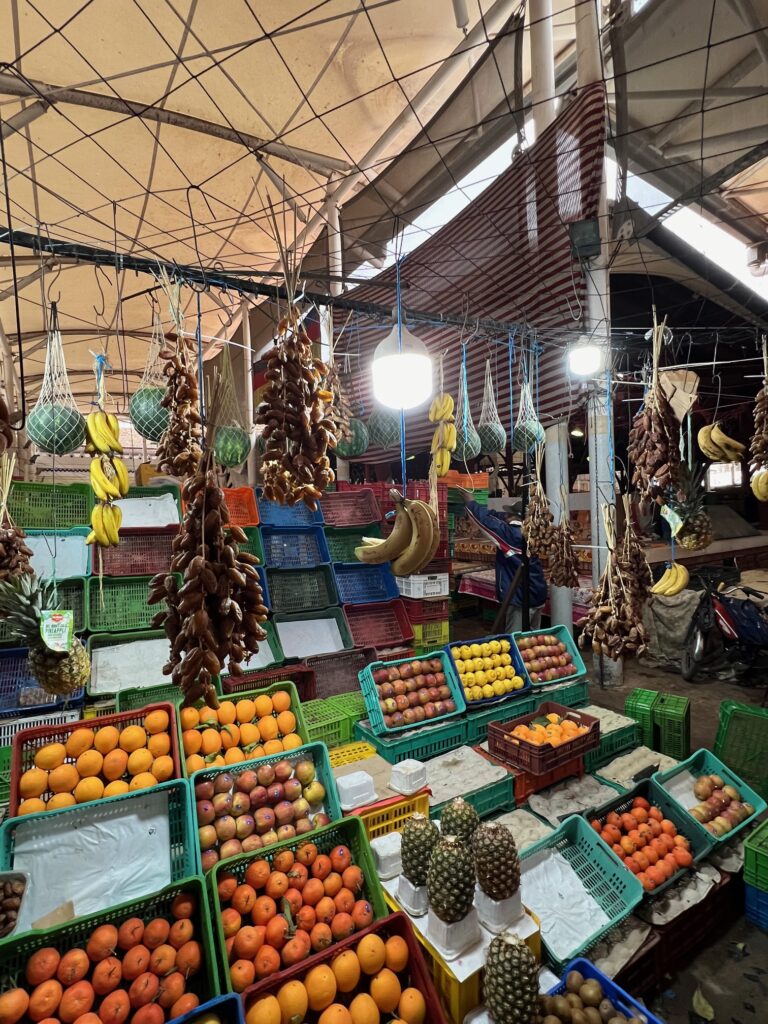
Tunis, Tunisia
In Tunis, our first stop was the Bir El Kassaa wholesale fruit and vegetable market. We engaged with market officials and vendors to understand the market’s operations and the challenges they faced, such as food waste due to perishable goods and lack of storage facilities. Two key observations were that the market was dominated by men and, as a consequence of food perishing, vendors sell their produce at lower prices.
On the second day, we visited two flour mills where the government plans to increase the extraction rate of wheat flour for subsidised bread from around 75% to 85%, hence enhancing its nutritional value and complementing the bread reformulation intervention. Our final visit was to Belvedere Park, the future site for community gardens, where we discussed the project’s implementation with the municipality.
Kisumu, Kenya
Next, we visited two markets in Kisumu City: Kibuye and Obunga. In Kibuye we interacted with a community group managing the market’s organic waste by using it as animal feed or transforming it into compost for farmers and making briquettes for sale. They also run a tree nursery. Obunga is a women-led circular economy fish market, where women transform fish remnants into food products, fish leather, and animal feed. Despite this success, however, the market also faces some challenges, such as lack of sanitation facilities, inadequate storage, and poor drainage.
Following this, we visited a school facing issues in feeding over 2,000 students due to limited funds. This means that not all children are able to have a meal at lunch which in turn affects their participation in school. Through this visit we gained a better understanding of the challenges faced by school feeding programs in public schools. Our last stop was an organic farm promoting agroecological farming. Run by Kisumu Young Agripreneurs (KIYA), it will support the school garden intervention by providing training and mentoring.
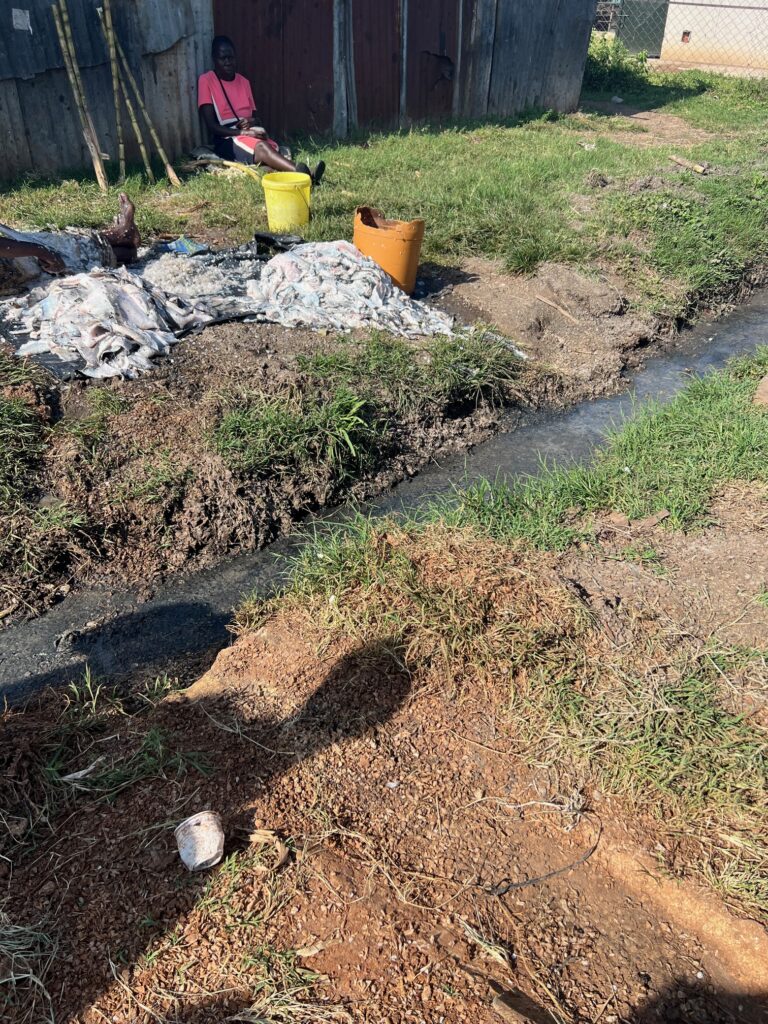
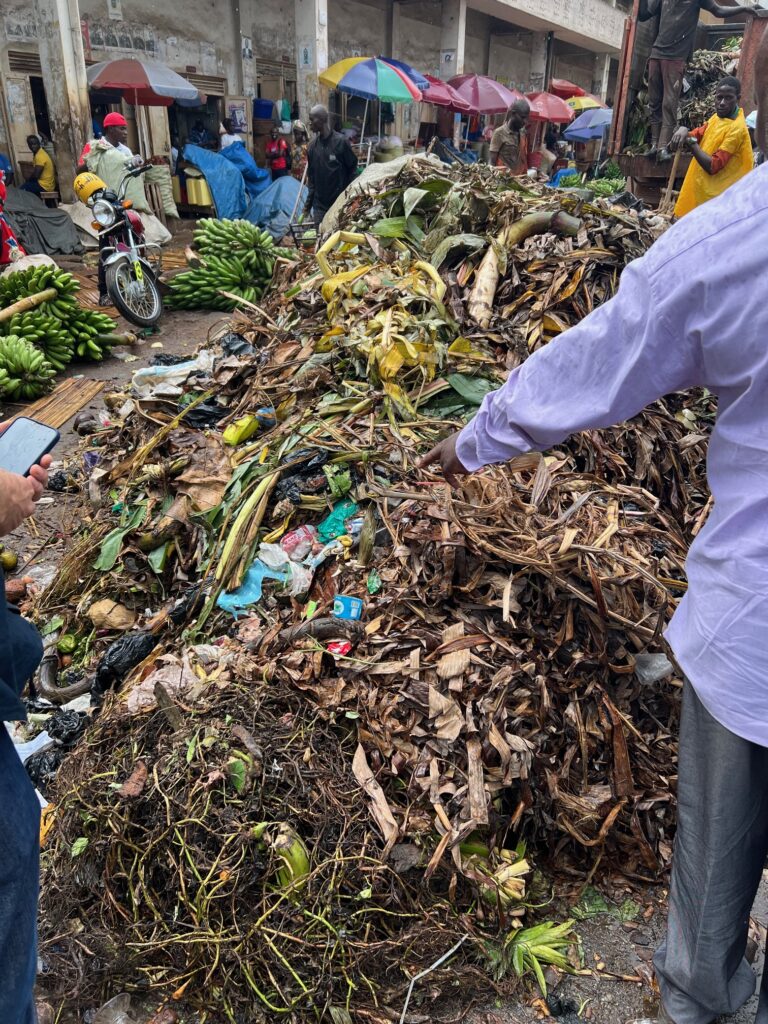
Mbale, Uganda
In Mbale, we visited two markets: One structured formal market and an unstructured market in need of upgrading. The latter indeed suffered from a lack of formal structure. Vendors had moved to the roadside, posing safety hazards to both vendors and customers.
The main intervention proposed there is a redesign of the spaces to improve general safety. In the structured municipal market, a waste management intervention was proposed as the market can already serve as the primary source of biodegradable waste. Waste from the market will be sorted and moved to a processing site to be transformed into compost. Another planned intervention is the upgrade of the food court and cooking area to improve food safety and women’s conditions, since female food vendors currently cook in an open space exposed to dust and rainwater, which lacks basic hygiene and sanitation facilities.
Additionally, we visited two primary schools where school gardens will be set up. However, funding limitations for feeding programs were highlighted as a significant barrier.
Key learnings
Our visits underscored several important insights:
–Effective stakeholder engagement is essential and requires adequate time. It ensures ownership and sustainability of interventions by aligning them with the needs of the city and target populations.
–Ambiguity about site ownership can hinder the sustainability of interventions, especially those involving permanent infrastructure. Support from city officials familiar with the political landscape is crucial in resolving these issues.
–We observed strong project buy-in from city officials and target populations, thanks to continuous engagement and co-creation efforts by the Hub Cities’ teams. This commitment is vital for improving food environments.
As we prepare to see these interventions being implemented in the coming months, we are optimistic about their potential impact on food environments in these cities. The collaborative efforts and innovative strategies will not only address current food system challenges but also pave the way for healthier and more sustainable urban food environments across Africa. Through dedicated engagement and the support of local stakeholders, we are hopeful that these initiatives will bring about meaningful and lasting change.
Explore
"EU-AU collaboration"

Read more about
"EU-AU collaboration"
READ MORE
